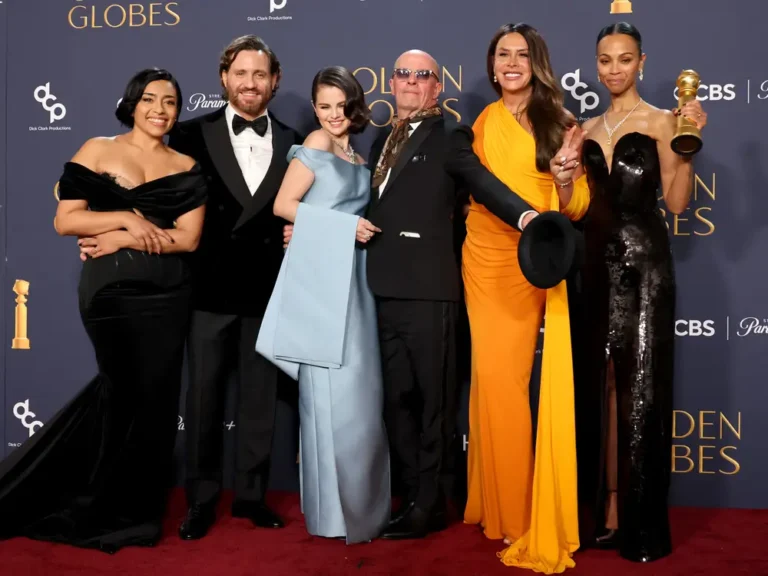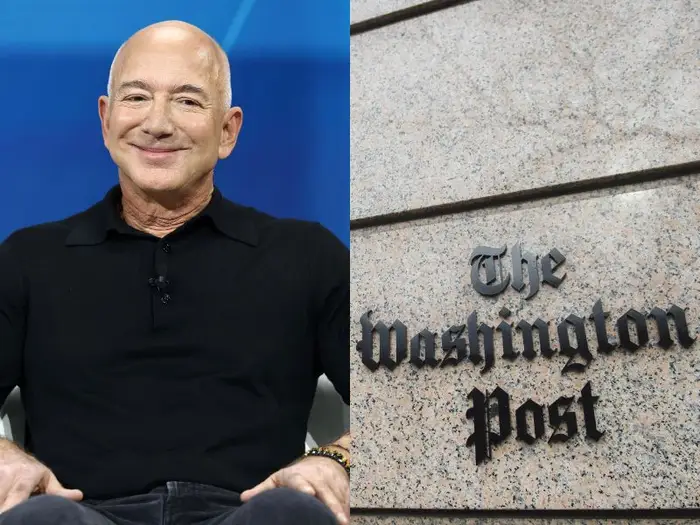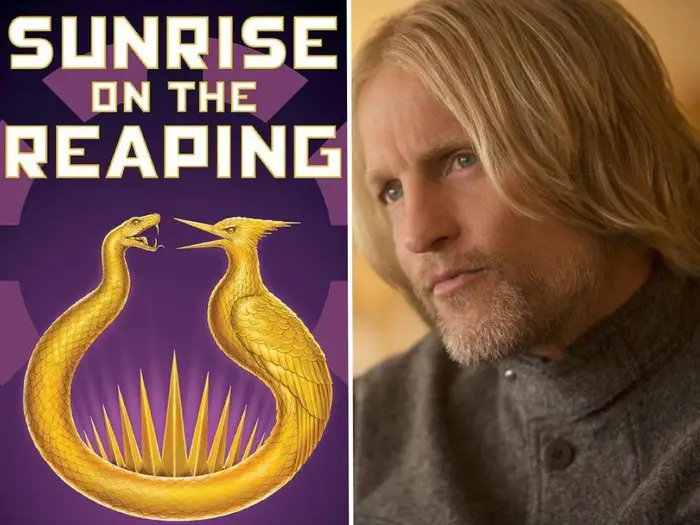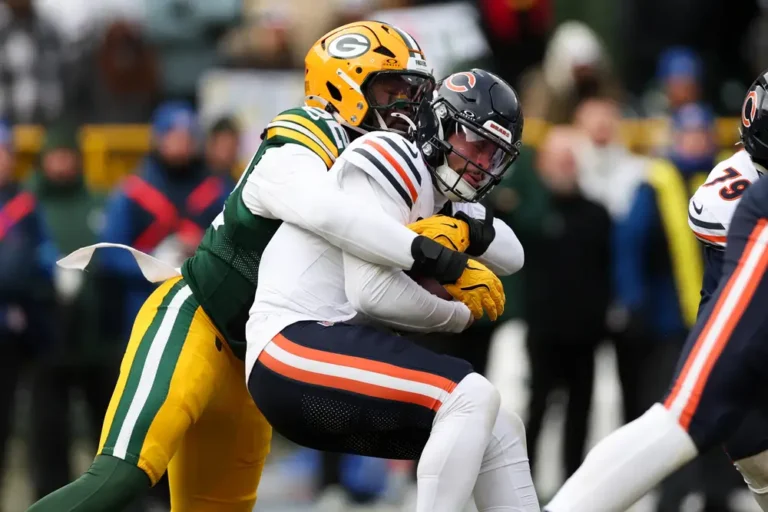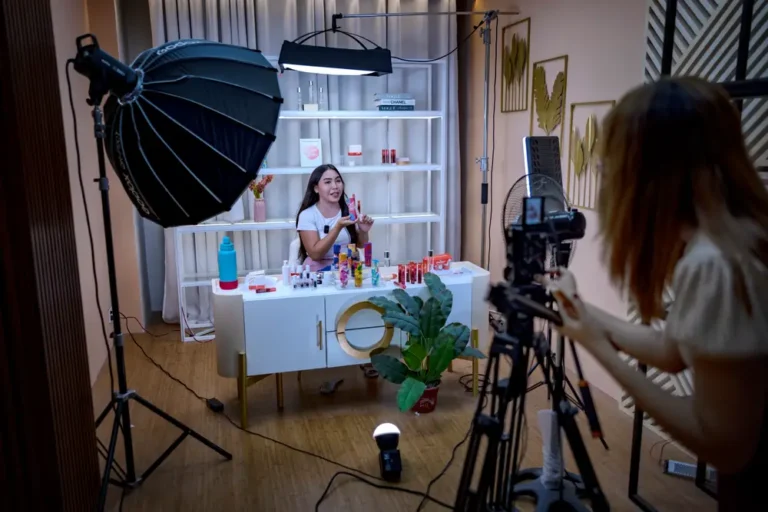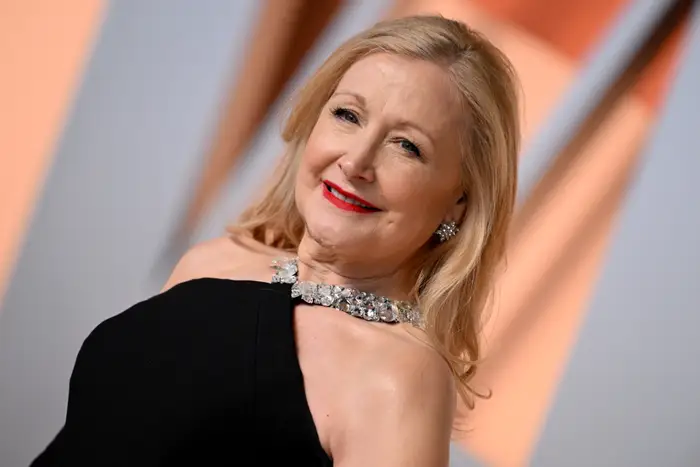A fashion influencer is suing another creator, alleging she copied her ‘aesthetic.’ Lawyers say the case could have big ramifications.
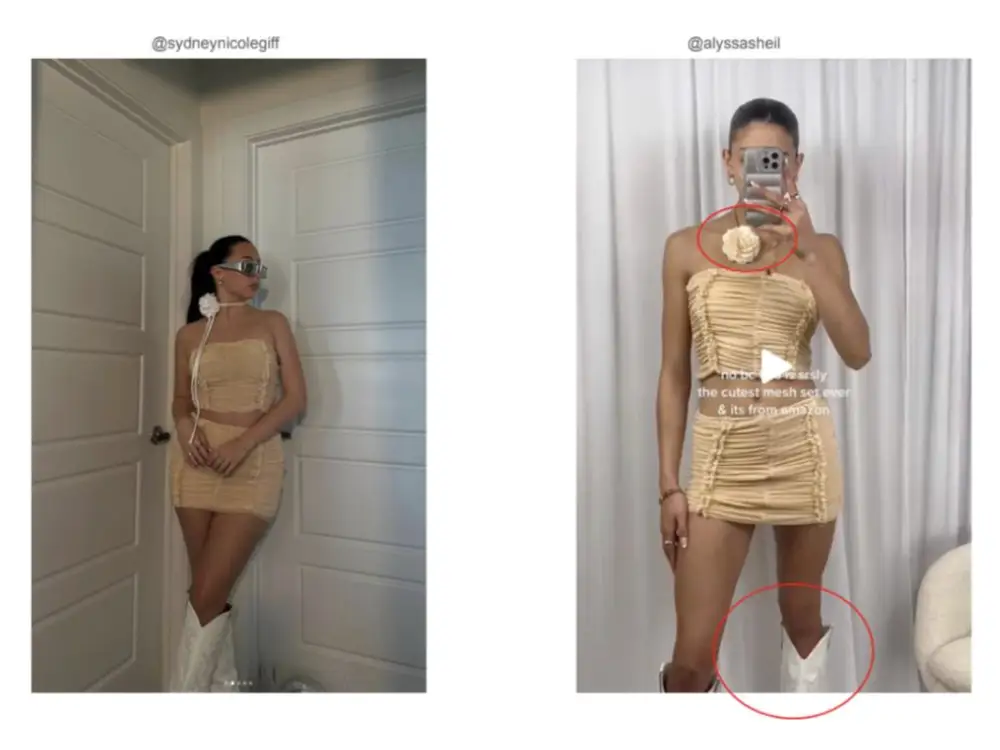
The images above, included in Sydney Nicole Gifford’s complaint, show Alyssa Sheil wearing an identical outfit and roughly the same background color that Gifford used in one of her videos. Gifford argues that this is copyright infringement.
When Sydney Nicole Gifford first met Alyssa Sheil in December 2022, she didn’t think two years later she’d be waging a legal battle against her for tens of thousands of dollars.
The two Texas-based creators met up to talk about potentially producing content together given their similar fashion niches, according to a lawsuit filed by Gifford. A few months after that meeting, Sheil blocked Gifford on TikTok and Instagram, changed her appearance to closely resemble Gifford’s, and started posting almost identical content on both platforms, the suit alleges.
After multiple attempts to contact Sheil, reporting the copyright infringement to Meta, TikTok, and Amazon, and sending cease-and-desist letters, Gifford filed the lawsuit in April alleging that Sheil violated the Digital Millennium Copyright Act, designed to protect copyright holders from online theft. Sheil’s videos used very similar beige, gray, and neutral color schemes, fonts, and camera angles as Gifford’s and shared the same recommendations for products to buy through her Amazon Storefront, per the lawsuit. Gifford had registered copyrights for each of the videos she believed were replicated so she could prove ownership of the original content.
Gifford is asking for $30,000 to $150,000 in damages for “mental anguish” and loss of income, according to the complaint. She’s also seeking a preliminary injunction that would force Sheil to take down the alleged replicated videos.
Gifford and Sheil did not respond to requests for comment from B-17.
Lawyers told BI that if Gifford wins any or all of the counts, the case could set a new precedent for the creator economy. It could drastically change how influencers create content online and protect their rights.
Even though several laws protect workers in the entertainment industry, there are few, if any, legal protections specifically for social media influencers, Kameron Buckner, a lawyer and creator, said. She believes there’s a 60% chance that Gifford could win.
“This could change the game, honestly,” Buckner said. “I’ve been waiting for something like this to happen because we need some type of law that’s just for creators.”
Proving that creators have a ‘unique’ brand and identity is very difficult
One of Gifford’s main arguments in the lawsuit is that Sheil infringed upon her “trade dress,” which is the overall look and feel that distinguishes a specific brand from others.
Gifford’s lawsuit outlines the specific color scheme, video-editing style, and content type that make up her online brand. In Gifford’s view, Sheil copied her “unique” brand by replicating several videos that are protected under copyright.
However, lawyer Taylor Tieman, who represents several influencers in the US and makes content herself, said this would be a hard case to argue because creators often draw inspiration from each other.
“They have to show that whenever a user views content with this kind of branding, they only think of one specific creator — Gifford — but I see this kind of minimal, neutral tone aesthetic all the time,” Tieman said. “Even I use it.”
Tiffany Ferris, the chair of the trademark and advertising practice group at Texas-based law firm Haynes Boone, also thinks it’s “pretty unlikely” Gifford would win this case.
“She has to prove she’s the only one using those fonts and colors and that’s virtually impossible to do when everyone else is also using it,” Ferris said.
In May, Sheil filed a partial motion to dismiss six of the eight counts against her, saying Gifford’s claims lack “any real merit” because no creator has a “unique” identity. If the motion is accepted by the court, the case could be closed without ever reaching a courtroom.
More creators could start taking legal action
While Tieman said this lawsuit is the first of its kind she’s seen, concerns about copying content aren’t new in this industry. She’s heard of many influencers complaining that other creators are stealing their ideas for content or uploading photos and videos in a similar style to their own.
No one Tieman has worked with has taken legal action though. She said this case could spark a fire in the creator community regardless of whether Gifford wins or loses.
If Gifford loses, she can appeal the decision to a more powerful district court, potentially as high as the Supreme Court. That’s what happened with landmark cases such as Roe v. Wade for abortion rights and Brown vs. Board of Education for desegregating public schools, which both set national legal precedents.
On the other hand, if Gifford wins the case, Tieman said it’ll “be nuts” because it will give more creators the confidence and ability to sue others in the industry. Buckner also said the case could catch the attention of the Federal Trade Commission, which could create more regulations and guidelines for the creator economy.
“I’m expecting more cases like this to come up now,” Buckner said. “It’s going to finally show that there’s a difference between entertainment law and social media and why we need to have our own set of rules.”
Some creators, like fashion influencer Asmita Puri, have been waiting a long time for stricter guidelines. Puri said her online community has often told her about videos that appear in a similar style as her own. She said that ultimately, however, people who copy others’ content won’t win the long game.
“The audience online is really smart though, and they’ll figure it who the original creator is eventually,” Puri said.

